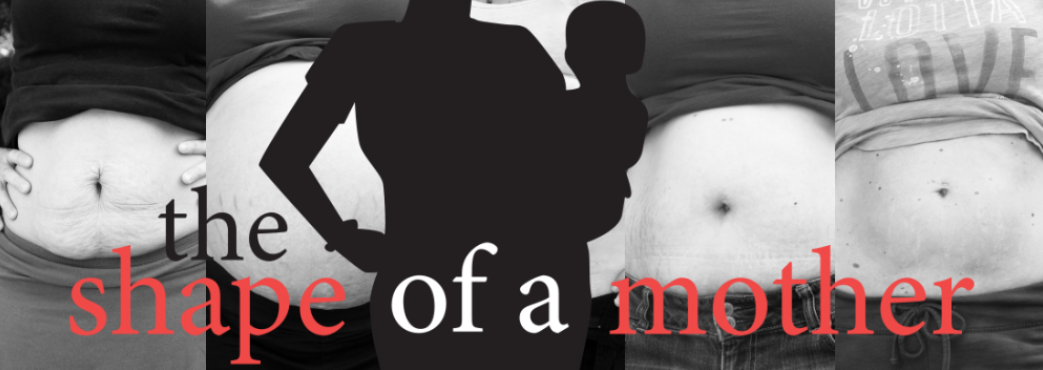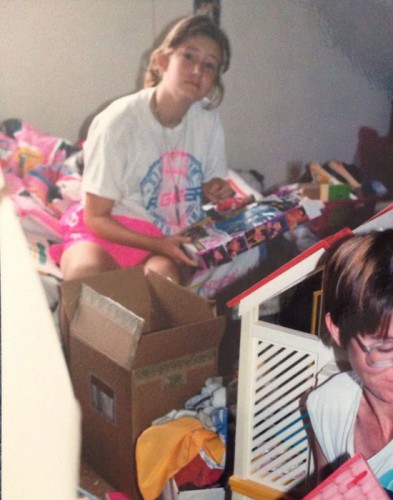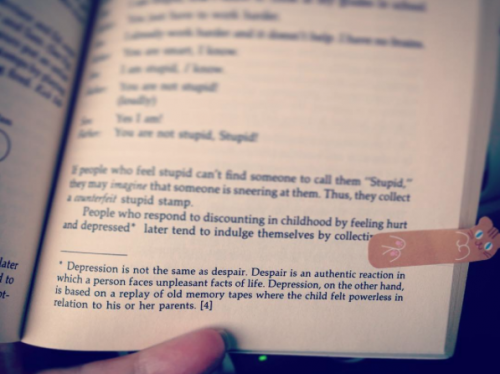This is technically off topic for SOAM, but it’s relevant to way too many people so I hope you don’t mind me sharing this here. Skip to the last paragraph if you want to go directly to the BlogHer post I’ve written.
A few weeks ago I posted this as part of the SOAM Weekly Photo. I was struggling with a lower-than-usual bout of depression (I still haven’t fully recovered, which is largely why I’ve been so absent here – I’m sorry, guys. My semester ends tomorrow and I’m hoping I can find sanity shortly). As it turned out, this month is Mental Health Awareness Month so I figure my brain is just celebrating. WTG, brain.
Just two days after I posted that photo on Instagram, we had a discussion in my Interpersonal Communications class regarding depression. That professor is, problematic, to say the least, and the discussion wasn’t any better. The book she uses was written in 1971 and not significantly updated in the last 45 years. Not only do we have a lot more information about depression (and many other subjects) now, but the language itself needs to be updated simply to reflect what we’ve learned in the last 45 years about communicating with people. Namely: believe them when they say they are struggling with A Thing. Even if it’s a lie, it’s literally none of your business. But most of the time? NOT A LIE.
This particular chapter and discussion was talking about patterns of behavior that people fall into and how to choose to change them. 45 years later and we now understand that depression is not something people can just decide not to have. (BELIEVE ME I WOULD IF I COULD.)
I gave the professor the benefit of the doubt and asked her to clarify. After all, maybe she didn’t agree with that phrasing.
She did.
Other students began to agree with me and explain that they felt this was promoting the stigma rather than being helpful. But she didn’t relent.
She didn’t know that I struggle with depression, but she was essentially talking me that my depression is just an emotionally manipulative behavior that I use because I am “rewarded” with things like not being given responsibilities.
Today on BlogHer, you can go read my response. It is probably the rawest thing I have ever written and published because I was so fed up with the refusal to empathize that I bluntly shared my personal history in order to try to explain how depression is, in fact, really a real thing. Really. Check it out. Share it. If even one person can finally understand that this isn’t a choice I make in any way, my vulnerability will be completely worth it.



Thank you for sharing this.
The world needs to hear more insider perspectives on these matters.
Finally someone that gets it I’m 20 years old and a mother of 2. And I’d just like to say there should be no shame on this subject. After all a mom goes through after having babies, i.e. body changes mentally and physical stress and the 24hr daycare that we
Provide…its of no wonder I suffer from it and I know many other mothers do to. I wished more people could understand and be willing to be compassionate toward the women and mothers that share these same feelings.
Thank you. This article made my own battles less daunting – I’m not glad you also suffer from depression but I’m glad we aren’t alone.
I am the founder of Kassyskause. A non profit organization, raising perinatal depression. It was born, when I lost my daughter last yr due to this illness that no one like to talk about. Please read her story and if you could relate or know anyone that might have the signs. Reach out to them. It can make such a difference. Please follow we keep getting more information and having events for awareness.